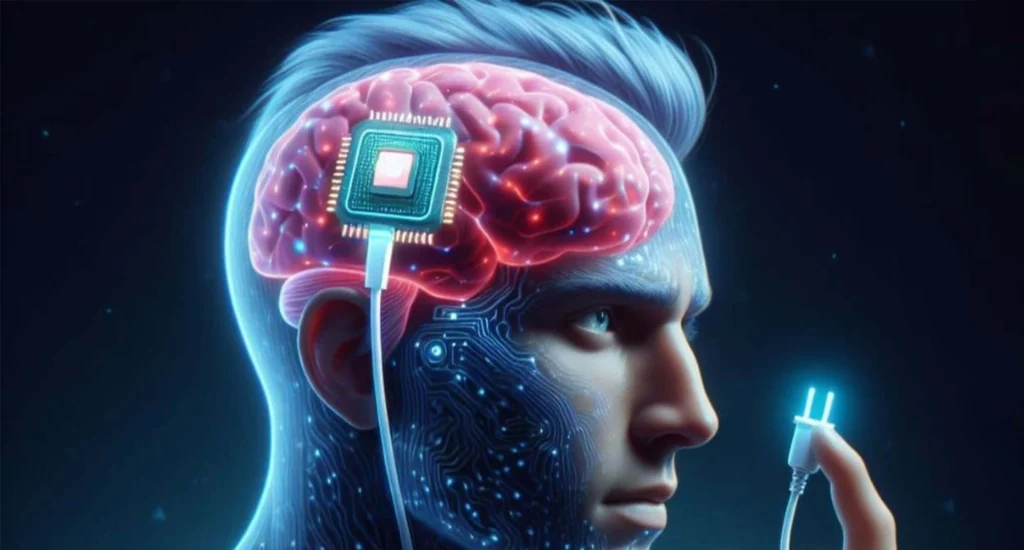Neuralink Successfully Implants Brain Chips in Three Humans
- Fahad Bin Khalid
- January 13, 2025
- 12:20 pm
- 34
- Technology

Neuralink brain implants have achieved a major milestone with the successful implantation of brain chips in three human patients. Elon Musk’s company Neuralink continues to lead the way in brain-computer interface (BCI) technology, aiming to help individuals suffering from severe neurological conditions like paralysis and ALS. These implants allow patients to control devices like computers and smartphones using only their thoughts.
A Major Breakthrough in BCI Technology
Neuralink's brain implants are a breakthrough in medical technology. The company has now successfully implanted its device in three human patients. During a recent event streamed from Las Vegas, Elon Musk shared this update with the world. He confirmed that all three patients have the implants working well, signaling a promising future for the technology. Musk also announced plans to expand the experimental procedure by 2025, with 20 to 30 more implants.
How Neuralink Brain Implants Work
The Neuralink brain implants involve the implantation of electrodes into the brain. These electrodes help create a direct link between the brain and external devices like smartphones or computers. The technology is designed to assist individuals who have severe neurological conditions, enabling them to control these devices with their thoughts.
Neuralink’s flagship clinical trial, the Prime Study, is FDA-approved and includes five patients with paralysis. The study tests whether the implants can help these patients regain some communication and control abilities. Another FDA-approved study, Convoy, is focused on helping patients control robotic arms, offering a new level of independence to those with debilitating conditions.
Expanding Neuralink’s Reach
Neuralink’s goal is to expand its brain-computer interface technology to a wider range of patients. The company is focused on providing solutions for people with neurological conditions such as ALS, paralysis, and other debilitating diseases. As more implants are made in 2025, Neuralink hopes to increase its positive impact on these patients' quality of life.
While the technology is still in its early stages, the initial results are promising. Neuralink’s implants have already shown the potential to help patients control devices they otherwise couldn’t interact with due to their conditions. The focus now is on refining the technology and expanding its use to assist even more patients in the future.

Safety and Ethical Considerations
Although Neuralink’s progress is groundbreaking, it has raised ethical and safety concerns. Experts emphasize that more research and oversight are needed to ensure the safety of the brain implants. The technology’s long-term effects on brain function are still unknown, and thorough studies are required before widespread use. Ensuring the safety and effectiveness of these devices is essential as Neuralink moves forward with its clinical trials.
Ethical questions around BCI technology also arise. While the implants could revolutionize treatments for people with neurological conditions, there are concerns about how this technology might be used in the future. For instance, there are discussions around the potential for cognitive enhancement and privacy risks associated with brain data. As Neuralink continues to develop its implants, these concerns must be addressed.
Looking Ahead for Neuralink
The successful implantation of Neuralink brain chips in three humans marks a significant step in the company’s mission to help those with neurological conditions. With the promise of controlling devices with thoughts, Neuralink is bringing us closer to a future where the digital and human worlds merge. The coming years will be crucial in advancing the technology, conducting further trials, and ensuring its safety.
While the technology is in its early phases, the potential for treating paralysis, ALS, and other conditions is enormous. Neuralink's commitment to developing innovative solutions is paving the way for a future where brain-computer interfaces could provide new possibilities for medical treatment and patient care.



